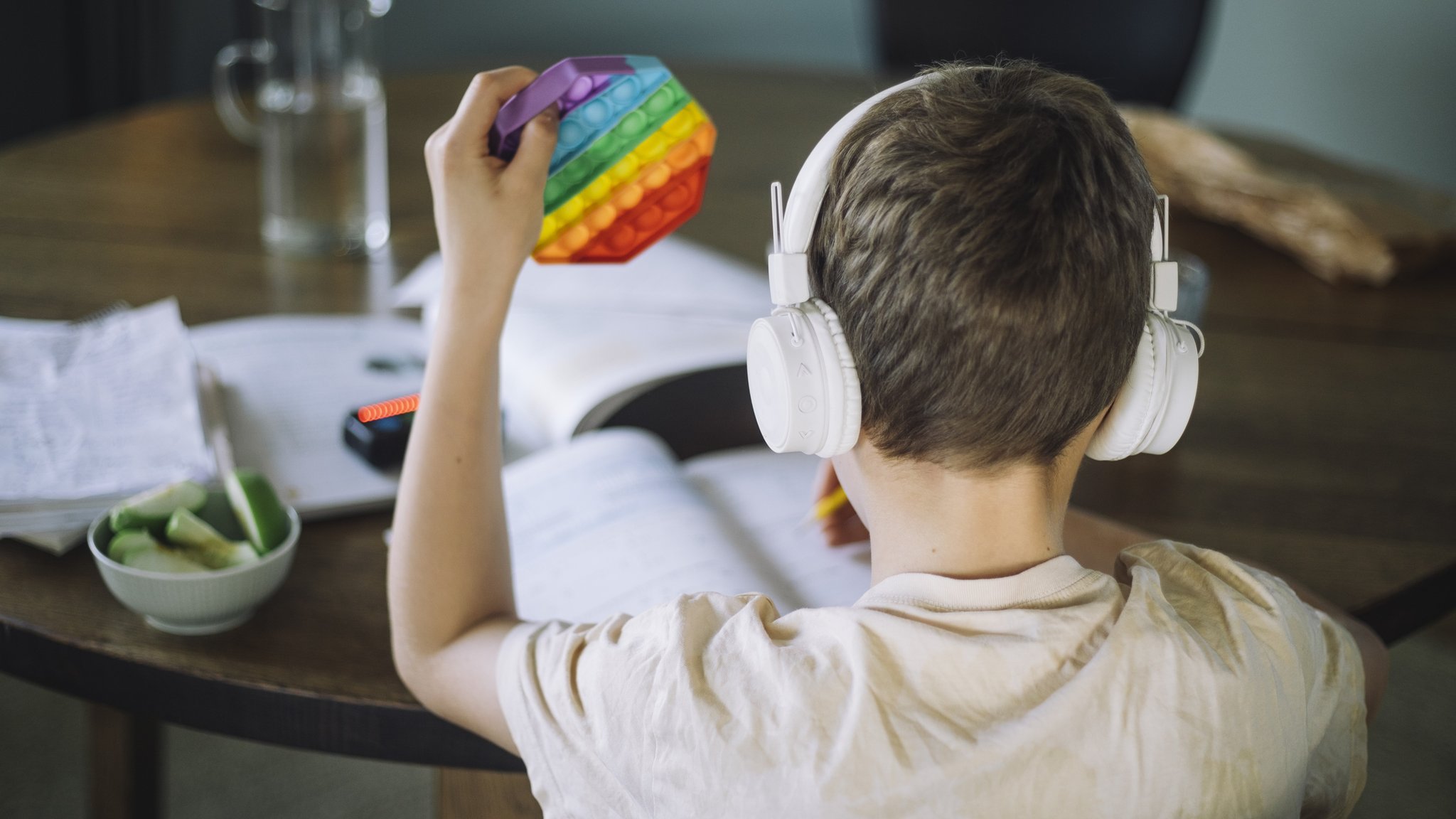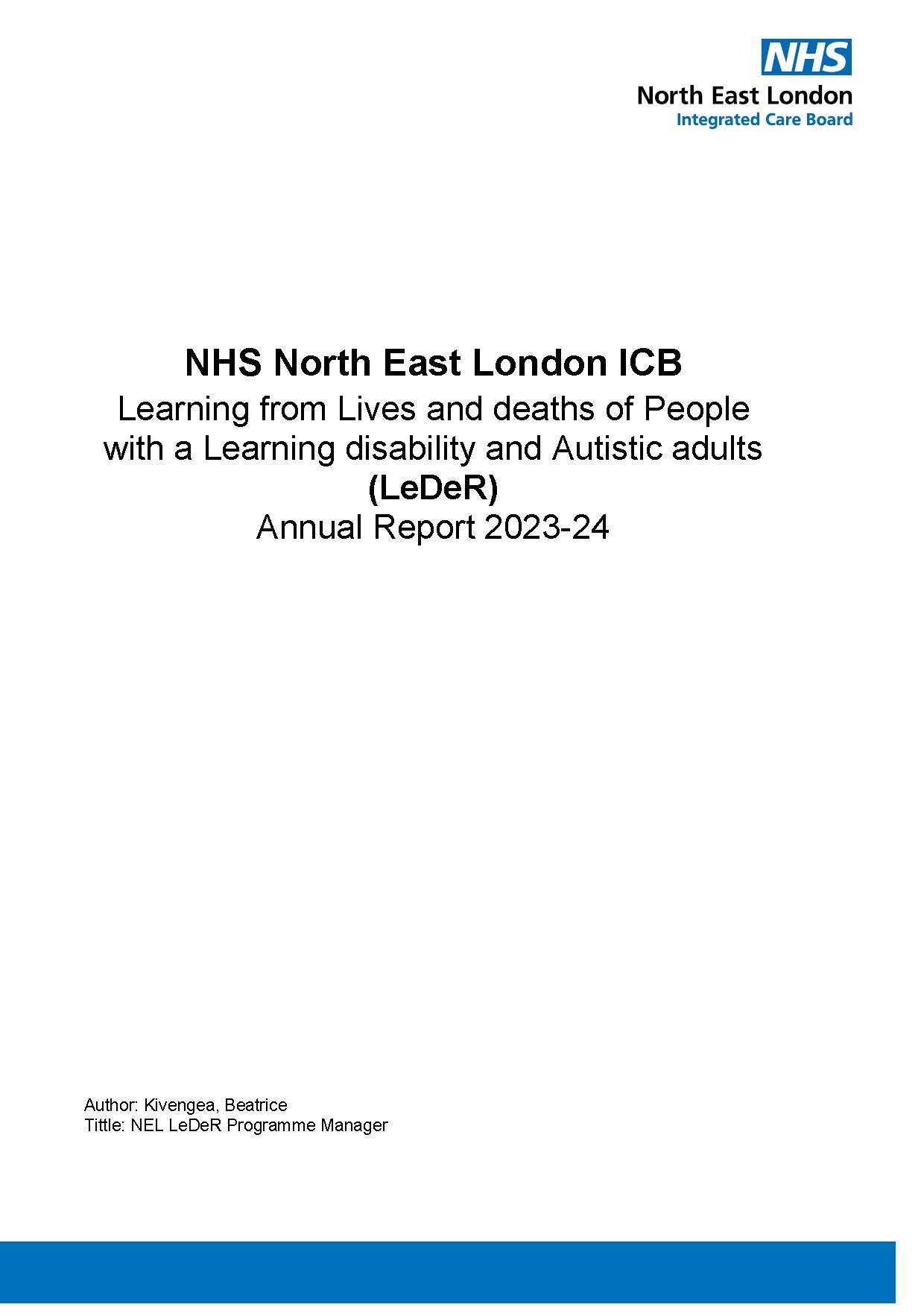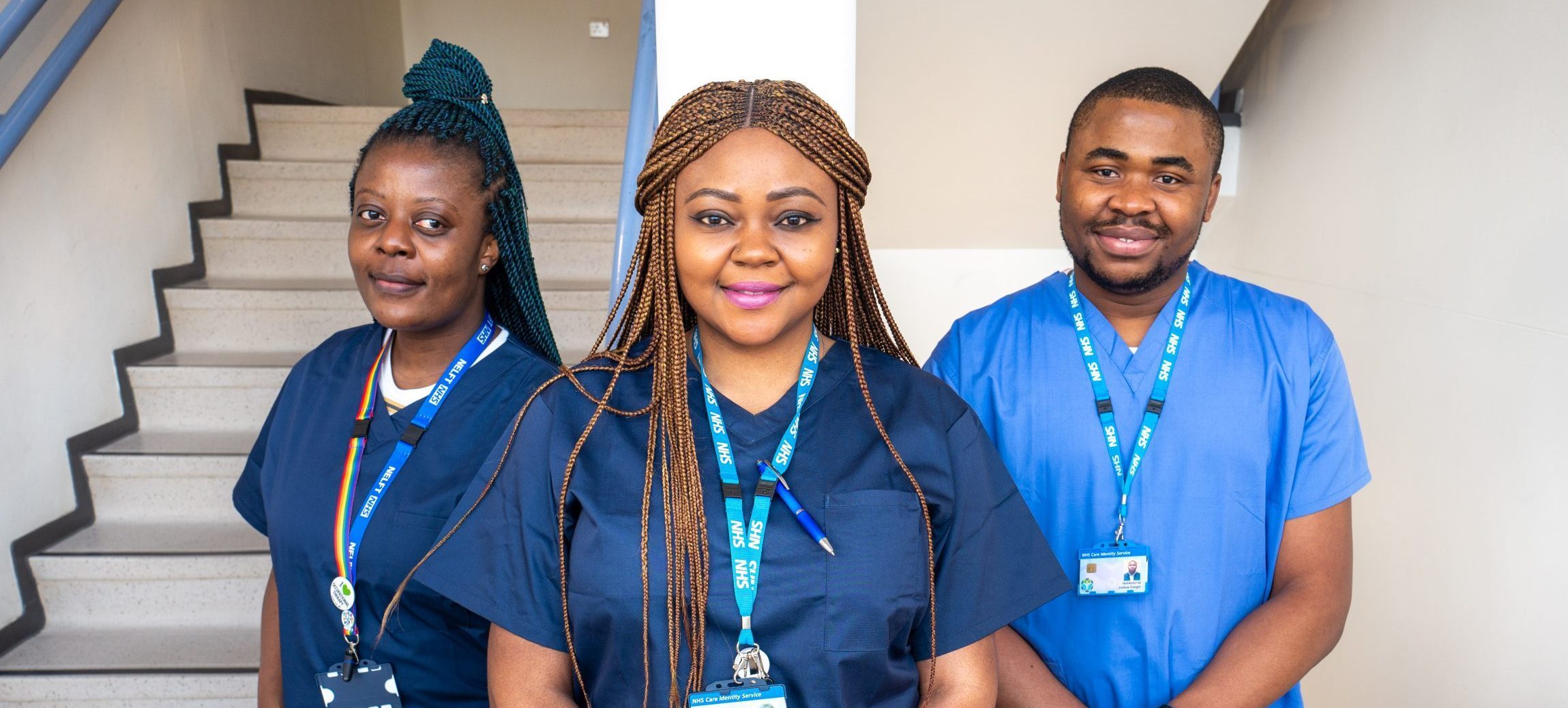

A learning disability affects the way a person learns new things throughout their life. A learning disability is different for everyone, and no two people are the same.
A person with a learning disability might have some difficulty:
Lots of people who have a learning disability can work, have relationships, live alone and get qualifications.
Other people might need more support throughout their life.
A profound and multiple learning disability (PMLD) is when a person has a severe learning disability and other disabilities that significantly affect their ability to communicate and be independent.
Someone with a profound and multiple learning disability might have difficulties seeing, hearing, speaking and moving. They may have complicated health and social care needs due to these or other conditions.
People with a profound and multiple learning disability need support to help them with some areas of their life, such as eating, washing or personal care.
Lots of people with a profound and multiple learning disability can still be involved in decisions about themselves, do things they enjoy and be independent.
Some people who struggle with talking might be able to use other ways of communication, like sign language, Signalong, Makaton, or digital systems like picture exchange communication systems (PECS).
Doctors and other health workers may be able to tell if a person has a learning disability when they are very young. But some people get a diagnosis later in their lives when they are an adult.
Speak to your GP if you think you or your child may have an undiagnosed learning disability.
If you are diagnosed with a learning disability, you may be referred to other health professionals to get the support you need.
People with a learning disability who are aged 14 or over are entitled to an annual health check. They are usually carried out by your family doctor or a nurse.
An annual health check takes place once a year and is used to prevent any problems early on, help keep people healthy and make sure the right care is being given.
Find out more about how to book an annual health check here.



This annual report provides an overview of the North East London LeDeR activities between April 2023 to March 2024.
Download

Search our directory to find local health and care services in your area.
Find out how you can get in touch with your GP practice from the comfort of your own home.
Find out how to access urgent and emergency care services in north east London.
If you would like to leave feedback about how useful you found the content on this page, please complete the form below.

| Cookie | Duration | Description |
|---|---|---|
| cookielawinfo-checbox-analytics | 11 months | This cookie is set by GDPR Cookie Consent plugin. The cookie is used to store the user consent for the cookies in the category "Analytics". |
| cookielawinfo-checbox-functional | 11 months | The cookie is set by GDPR cookie consent to record the user consent for the cookies in the category "Functional". |
| cookielawinfo-checbox-others | 11 months | This cookie is set by GDPR Cookie Consent plugin. The cookie is used to store the user consent for the cookies in the category "Other. |
| cookielawinfo-checkbox-advertisement | 1 year | Set by the GDPR Cookie Consent plugin, this cookie records the user consent for the cookies in the "Advertisement" category. |
| cookielawinfo-checkbox-necessary | 11 months | This cookie is set by GDPR Cookie Consent plugin. The cookies is used to store the user consent for the cookies in the category "Necessary". |
| cookielawinfo-checkbox-performance | 11 months | This cookie is set by GDPR Cookie Consent plugin. The cookie is used to store the user consent for the cookies in the category "Performance". |
| CookieLawInfoConsent | 1 year | CookieYes sets this cookie to record the default button state of the corresponding category and the status of CCPA. It works only in coordination with the primary cookie. |
| viewed_cookie_policy | 11 months | The cookie is set by the GDPR Cookie Consent plugin and is used to store whether or not user has consented to the use of cookies. It does not store any personal data. |
| Cookie | Duration | Description |
|---|---|---|
| __cf_bm | 30 minutes | Cloudflare set the cookie to support Cloudflare Bot Management. |
| Cookie | Duration | Description |
|---|---|---|
| _gat | 1 minute | Google Universal Analytics sets this cookie to restrain request rate and thus limit data collection on high-traffic sites. |
| Cookie | Duration | Description |
|---|---|---|
| _ga | 1 year 1 month 4 days | Google Analytics sets this cookie to calculate visitor, session and campaign data and track site usage for the site's analytics report. The cookie stores information anonymously and assigns a randomly generated number to recognise unique visitors. |
| _gat_UA-* | 1 minute | Google Analytics sets this cookie for user behaviour tracking.n |
| _gid | 1 day | Google Analytics sets this cookie to store information on how visitors use a website while also creating an analytics report of the website's performance. Some of the collected data includes the number of visitors, their source, and the pages they visit anonymously. |
| CONSENT | 2 years | YouTube sets this cookie via embedded YouTube videos and registers anonymous statistical data. |
| Cookie | Duration | Description |
|---|---|---|
| test_cookie | 15 minutes | doubleclick.net sets this cookie to determine if the user's browser supports cookies. |
| VISITOR_INFO1_LIVE | 5 months 27 days | YouTube sets this cookie to measure bandwidth, determining whether the user gets the new or old player interface. |
| YSC | session | Youtube sets this cookie to track the views of embedded videos on Youtube pages. |
| yt-remote-connected-devices | never | YouTube sets this cookie to store the user's video preferences using embedded YouTube videos. |
| yt-remote-device-id | never | YouTube sets this cookie to store the user's video preferences using embedded YouTube videos. |
| yt.innertube::nextId | never | YouTube sets this cookie to register a unique ID to store data on what videos from YouTube the user has seen. |
| yt.innertube::requests | never | YouTube sets this cookie to register a unique ID to store data on what videos from YouTube the user has seen. |

